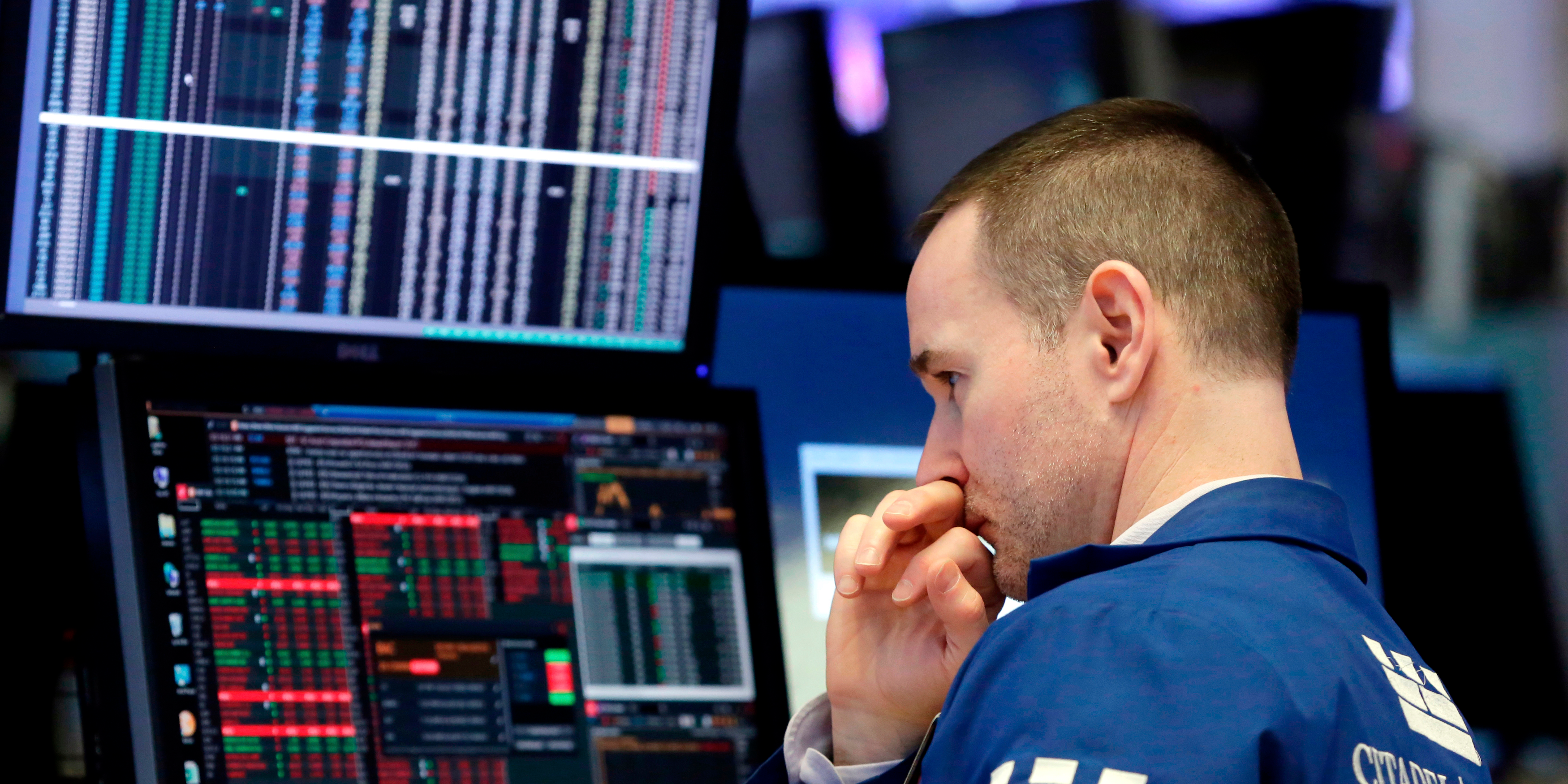- US stocks fell Friday after the March jobs report disappointed by a wider margin than expected, ending a record 113-month streak of job growth.
- The declines reversed gains from Thursday when investors shrugged off a second week of massive unemployment insurance claims.
- The March jobs report doesn’t include two key weeks in which 10 million Americans filed for unemployment insurance, signaling further pain ahead.
- Read more on Business Insider.
US stocks fell Friday, reversing gains from a day earlier, after the March jobs report showed a much larger loss of nonfarm payrolls than expected.
The US economy lost 701,000 jobs in March, according to Friday’s report from the Labor Department, much more than the 100,000 losses economists were expecting. Given that the report only includes data through March 14, missing two weeks in which 10 million Americans filed for unemployment, many had thought the report wouldn’t be so bad.
The dismal report comes amid the coronavirus pandemic that continues to spread through the US and around the world. It shows that the damage to the economy even early on in the outbreak was even worse than originally thought.
Here’s where major US indexes stood shortly after market open at 9:30 a.m. ET on Friday:
- S&P 500: 2,521.70, down 0.2%
- Dow Jones industrial average: 21,318.71, down 0.4% (95 points)
- Nasdaq composite: 7,477.60, down 0.1%
"While today's report doesn't capture the full picture, it is an ice-cold splash of reality, showing the impact of the coronavirus in the government's most reliable labor market statistics," Daniel Zhao, an economist at Glassdoor, told Business Insider. "The data we've seen in the last few weeks alone reminds us that the labor market will get worse before it gets better."
Fears of a global recession are now being confirmed, according to Han Tan, a market analyst at FXTM.
"Even after the health crisis has peaked, the economic ramifications are set to continue to be a drag on risk assets," Tan told Business Insider.
He continued: "Until the virus case count peaks and global economic conditions can find a more solid footing which means the business earnings outlook improves, risk sentiment may only experience fleeting bouts of positivity in the interim, as risk aversion remains the dominant de facto mode in global markets."
